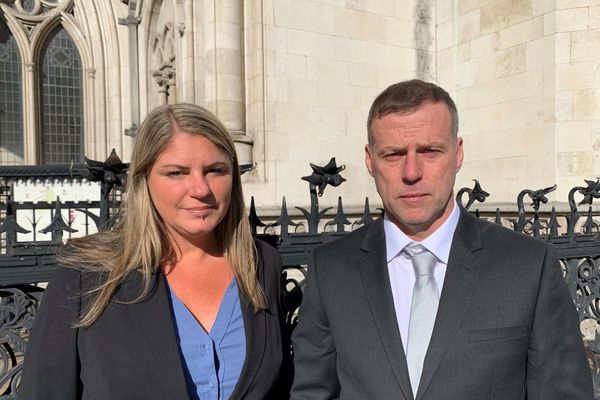
An overlooked aspect in the discussion about whether Peter Dutton can mimic Donald Trump’s success is the extent to which Trump and his cronies have hijacked the Republican Party and purged it of many traditional Republican beliefs. Dutton, in his own way, has done much the same with the Liberal Party.
Dutton is not a Liberal but a Liberal National, from Queensland, not Sydney, and thus is entirely at odds with the recent traditions of the Liberal Party. He has publicly distanced his party from its traditional friends in big business and has adopted policies like divestiture powers that alarm large corporations.
His signature policy is an unprecedented expansion of the federal government into power generation, reversing the trend of private sector ownership of that industry since the 1990s. He has abandoned the tax cuts for high-income earners that were a hallmark of the Morrison government, and the removal of which his frontbenchers vehemently opposed when Labor announced its tax changes early this year.
Bit by bit, Dutton has overseen an abandonment of what liberalism is left in the Liberal Party. He led Labor on banning gambling advertising — a decidedly illiberal censorship policy. It’s now the formal policy of Dutton’s party to deport critics of Israel’s genocide of Palestinians — a far cry from the party that, a decade ago, proudly declared “people have a right to be bigots” as it tried to remove restrictions on offensive speech. Dutton wants a racially discriminatory migration ban on Palestinians. And Dutton is backing a Labor plan to impose a digital version of the Australia Card on every citizen as part of an ill-advised social media age verification scheme conjured up by Australia’s dying media industry.
Unlike the now-dead misinformation bill, the Labor-Dutton social media ID plan raises very real concerns about government overreach and privacy risks. Contrary to the claims of the Conspiracy Right within the Coalition and the Murdoch press, the misinformation bill did little other than impose on social media the same clumsy, easily evaded “co-regulation” model that exists for broadcasters. One look at commercial television or one listen to commercial radio should have allayed any fears that the misinformation regime would have threatened social media companies with a genuine regulatory threat to stamp out misinformation, however interpreted.
The social media ID plan, however, will — for all that it’s targeted at social media companies — impose a new government burden on every Australian who uses the internet, and one that goes to the very heart of privacy: a requirement to prove your identity on a regular basis. And Labor is already trialling ways to extend what it calls “age assurance” to adult sites, meaning that three-quarters of men and 40% of women who use adult sites will have to have a “porn passport” linked to their usage of adult sites.
There’s no combination of third-party vetting or double-blind systems that will not require the compilation of identity information by someone in such schemes, even if it’s not a porn site or social media company holding your passport or driver’s licence details. And the moment you collect such information, it becomes a treasure trove for hackers. The only way to ever safely store such information is to not collect it in the first place.
Opposition to such overreach shouldn’t be the prerogative of the Conspiracy Right. It is mainstream liberalism to be wary of government overreach, to be conservative in any extension of government power, and to be protective of citizens’ privacy and security from surveillance.
The Liberals in government have been poor allies of privacy and freedom from surveillance since the Howard years, but in opposition have proven more inclined to push back against what appears to be an instinctive urge within Labor for ever-greater regulation. Exhibit A: the Liberals in opposition backed Labor backbenchers Anthony Byrne and John Faulkner to head off Nicola Roxon’s push for data retention in 2013, only for the very same Liberals to introduce it themselves once in government.
That even in opposition, the Coalition has now abandoned the cause of privacy and opposition to government overreach is a pointer both to how much more draconian it would be in government and to how the Liberal Party is no longer, in any meaningful way, the party of liberalism.
It doesn’t believe in smaller government. It doesn’t believe in tax cuts. It doesn’t believe in free markets. It only believes in free speech it agrees with — and thus fails a key test on free speech. And it doesn’t believe in protecting citizens from government overreach.
Under Peter Dutton, the Liberal Party has abandoned most of its core tenets. It’s now simply a vehicle for Queensland-style big government and limited civil liberties.
Have something to say about this article? Write to us at letters@crikey.com.au. Please include your full name to be considered for publication in Crikey’s Your Say. We reserve the right to edit for length and clarity.







